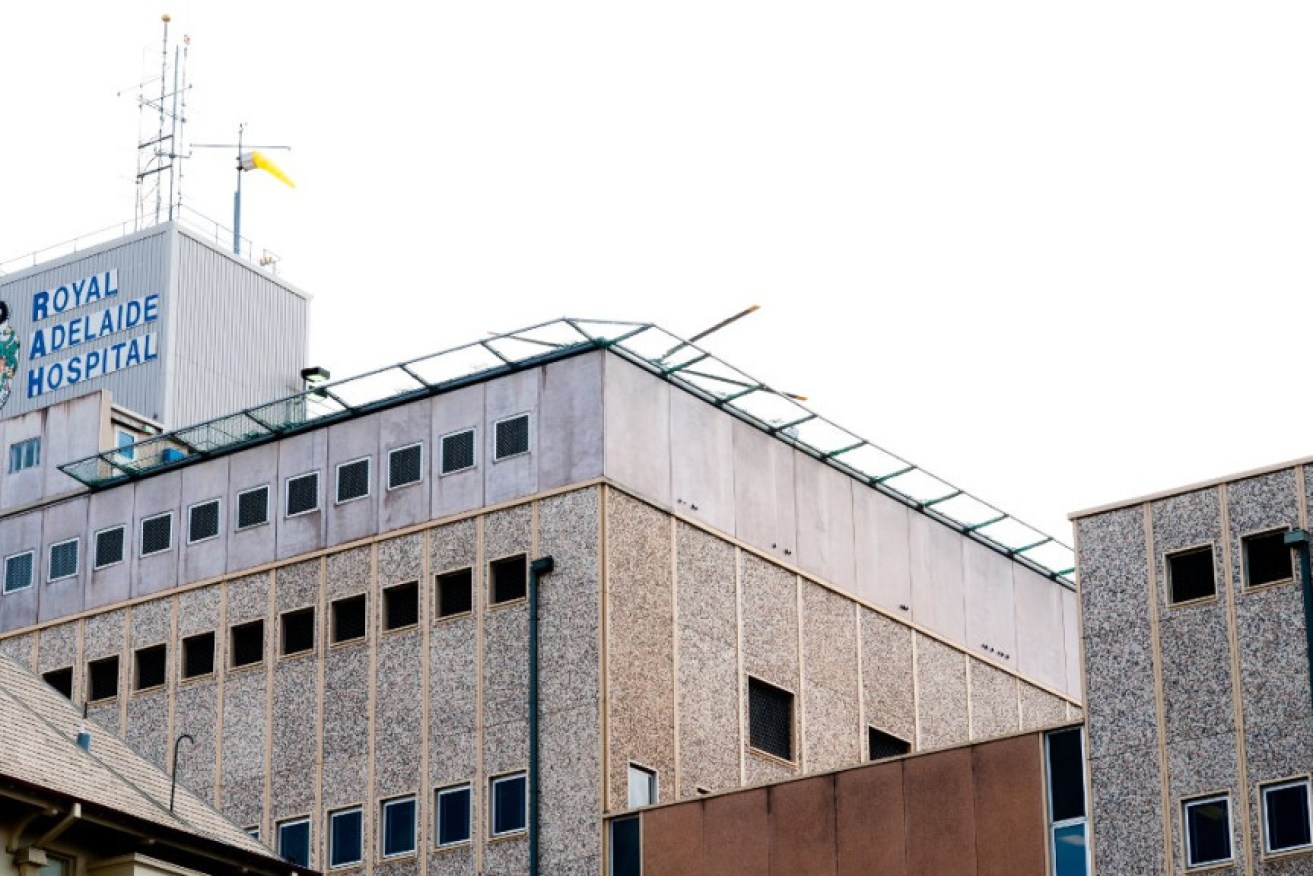“Excellent progress” on Transforming Health, but few numbers to speak of
The clinical ambassador for the State Government’s Transforming Health program has told a parliamentary committee “excellent progress” had been made in reforming SA’s hospital system, but was unable to provide specific data on the clinical targets that had been met.


The Royal Adelaide Hospital.
Professor Dorothy Keefe appeared before the Transforming Health parliamentary committee to detail the outcomes of the program roughly two years since it was first unveiled and at the halfway mark of its planned implementation period.
At the beginning of the Government’s hospital reform project, it established several clinical advisory committees of senior medical staff, who developed 284 quality standards that needed to be applied to metropolitan hospitals under Transforming Health.
But Keefe was unable say how many of those clinical standards had been met.
Under questioning from Greens MLC Tammy Franks, Keefe told the committee: “I can’t answer [that question] in direct numbers”.
“That isn’t how we have been tracking it.”
She said that “some of the reforms that we wanted to introduce have been delayed … [because] there has been some pushback in some of the things we have tried to do”.
Keefe added that the “modifications” SA Health had agreed to had led to some delays in implementing reform.
However, there had been major progress on the length of time that patients were, on average, spending in South Australian hospitals since the program began.
“I haven’t got the figures with me, but the length of stay across the system has reduced significantly in pretty much every area,” she told the committee.
Keefe was able to provide a figure on the length of stay for acute hip fracture patients, who she said were “spending on average one day less in hospital than they would have done following the surgery”.
She said outcomes for stroke patients had improved markedly as a result of the consolidation of stroke services in major tertiary hospitals.
“This has already resulted in over 80 per cent of stroke patients now [treated in] designated stroke units across the metropolitan area, and improvements in stroke care and stroke recovery for our patients.”
Franks also pressed Keefe on the Government’s claim that 500 unnecessary deaths were occurring every year in the state’s hospital system – a claim that helped sell the case for reform and remains a prominent element in the justification for the program on the Transforming Health website.
Early last year, the Opposition seized on an analysis by epidemiologist Professor David Ben-Tovim, which found that the figure “is not supported by the Transforming Health or other data supplied to me [and] cannot be assumed to be accurate, and should not be accepted without external validation”.
Keefe was this morning asked to what degree the figure was affected by “coding and classification issues” in the Central Adelaide Local Health Network, but she said that was “a ridiculous question”.
“We can spend a whole year arguing about the number,” she said.
“[But] if you really believe that the healthcare system in South Australia is perfect then I can’t help you.
“To pretend that South Australia doesn’t have a problem [with patient mortality] would be morally indefensible.”
More to come.




